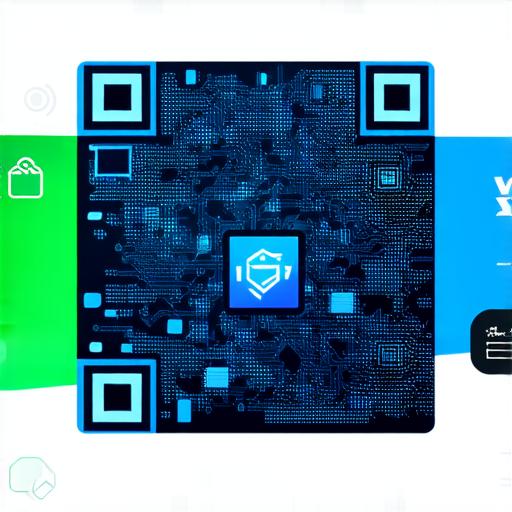
What is a Blockchain Address?
A blockchain address is essentially an identifier that allows users to send and receive digital assets on a blockchain network. It serves as a unique, immutable, and permanent record of all transactions made by the user.
Each transaction is stored in a block, which is linked to the previous one through a cryptographic hash function. This creates an unbreakable chain of blocks that cannot be tampered with, making it difficult for anyone to steal or alter assets without being detected.
Blockchain addresses are typically generated using complex algorithms and public-key cryptography. When a user wants to create a new address, they generate a pair of keys – a public key and a private key. The public key is used as the address to which others can send assets, while the private key is kept secret by the user.
Only the user has access to their private key, which means that only they can spend or transfer their assets.
The Benefits of Using Blockchain Addresses
Using blockchain addresses offers several benefits for developers and users alike. Firstly, they provide a high level of security, as transactions are encrypted using public-key cryptography, making it difficult for hackers to intercept or alter them.
Additionally, once a transaction is recorded on the blockchain, it cannot be erased or changed, providing an immutable and auditable record of all asset movements.
Another key benefit of using blockchain addresses is that they are decentralized, meaning that there is no central authority controlling them. This allows users to transact directly with each other without the need for intermediaries such as banks or payment processors. This can significantly reduce transaction costs and increase efficiency, especially in cases where traditional financial systems are slow or unreliable.
Finally, blockchain addresses are highly customizable, allowing users to choose from a variety of different address formats, including Bitcoin, Ethereum, and Litecoin addresses, among others. This means that developers can choose the address format that best suits their specific needs and requirements, making it easier to integrate blockchain technology into their applications.
Case Studies and Personal Experiences
One example of the power of blockchain addresses is seen in the supply chain management industry. By using blockchain-based addresses, companies can create a transparent and tamper-proof record of all products as they move through the supply chain. This allows for better tracking and tracing of goods, reducing fraud and improving overall efficiency.
Another example is seen in the voting system industry. By using blockchain addresses, voters can cast their ballots securely and anonymously, while also ensuring that their vote cannot be altered or tampered with. This can significantly increase voter trust and confidence in the electoral process.
FAQs
1. What is the difference between a public key and a private key?
A public key is used to identify a user on the blockchain, while a private key is kept secret by the user and is used to sign transactions.
2. Are blockchain addresses secure?
Yes, blockchain addresses are highly secure due to their use of public-key cryptography and immutable recording on the blockchain.
3. Can I create my own blockchain address?
Yes, most blockchain platforms allow users to generate their own addresses using complex algorithms and public-key cryptography.
